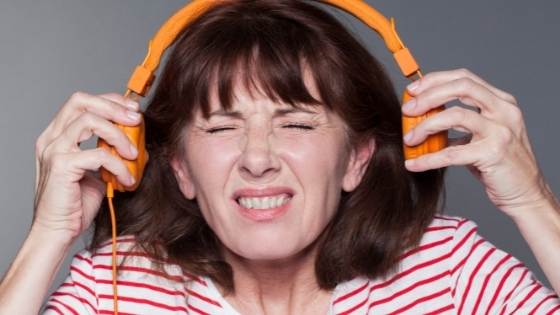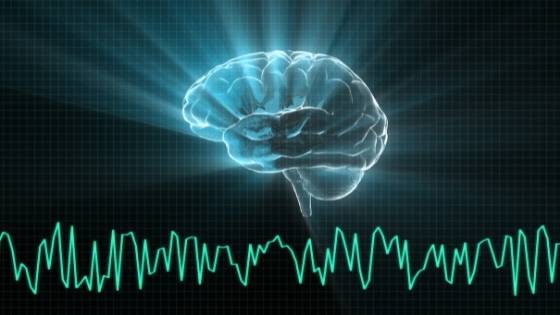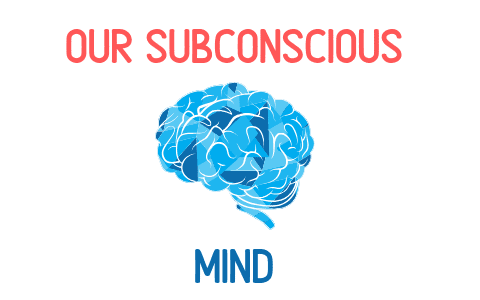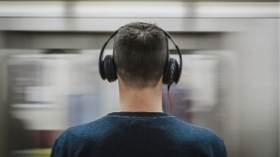Binaural beats are used for various health and cognitive reasons, yet some people can be sceptical about their safety and potential hidden side effects.
But are binaural beats dangerous to our brains, and can they cause side effects that could leave our minds irreversibly damaged?
For the vast majority of people, binaural beats are safe and won’t cause any harm or damage to your brain. However, you shouldn’t use binaural beats if you have epilepsy or suffer from seizures. Pregnant women, babies and children should not listen to binaural beats.
Binaural beats are safe to be used by the majority of people and can be highly beneficial.
They can help to battle insomnia, make people more relaxed, and can even combat pain.
Studies into the brain entrainment method have revealed that creativity and imagination increase, and enhanced productivity and focus periods are a fraction of the fantastic benefits.
Furthermore, some of the advantages it brings have verified it to be an excellent option for helping people who suffer from certain mental health problems.
Numerous people have praised it for overcoming addictions and breaking difficult habits.
Therefore, listening to binaural beats and enjoying them are generally safe, and you can reap incredible health benefits.
When using binaural beats, the most important thing is you use the correct frequency for the task or habit that you are trying to achieve.
Applying the wrong frequency and performing a task that isn’t in harmony with that frequency will make it difficult for the beat to work effectively. There is a slight chance that the binaural beats could have an adverse effect on your brainwave activity.
To discover what frequencies are in harmony with sleep, productivity, meditation and more, watch my video on YouTube.
However, there is a selection of individuals who shouldn’t listen to binaural beats or must seek professional advice before using them. If you display any side effects or feel the binaural beat is unsafe, then you must stop immediately.
Are Binaural Beats Safe For Epilepsy?
People who have epilepsy or regularly have seizures should not use binaural beats or brain wave entrainment therapy. Binaural beats can alter the brain waves frequencies, increasing the likelihood of someone having a seizure.
Always seek your Doctor’s advice on the associated risks with music or sound waves that impact brain activity.
Binaural Beats Heart Conditions and Pacemakers
If you have any type of heart condition or have a pacemaker fitted, binaural beats may not be safe. The heart rhythms are controlled by brain waves, and binaural beats produce fluctuations in your brain activity, potentially changing your heart rhythm.
Adjustments in heart rhythm can be dangerous, and they have the potential to cause serious illness.
Are Binaural Beats Safe For Babies or Children?
It is not safe for children or babies to listen to binaural beats because it can increase the risk of a child developing a form of seizure disorder or having a seizure.
The reason is their brains are not yet fully mature or developed, and the variation in frequency is harmful to their brains. An alternative to binaural beats to help babies and children sleep is white-noise played through speakers.

Are Binaural Beats Safe During Pregnancy?
Pregnant women are advised to avoid listening to binaural beats, as there is a small risk that it could induce labour.
However, there is no evidence or documented instances to suggest that listening to binaural beats has induced labour or had an adverse effect on the baby.
But always speak with your healthcare professional before using binaural beats.
Are Binaural Beats Safe While Taking Medication?
If you take any form of tranquillizer or suffer from a type of mental disorder that requires medication, you shouldn’t use binaural beats.
This is because the change in brain waves that it brings can actually alter an individual’s personality. Implying that people who have a type of personality disorder, such as schizophrenia, shouldn’t use binaural beats unless recommended or approved by a health professional.
Don’t Listen To Binaural Beats When Driving.
Individuals who work where they have to drive, carry, or operate large machinery shouldn’t listen to binaural beats. It can change their state of consciousness in a way that could lead to them putting their safety at risk.
For example, it can put people into a trance state that might make them less able to work correctly, and in such hands-on, physical working environments, they might put themselves or other people in danger.

Potential Side Effects Of Binaural Beats
Even if none of the situations mentioned above applies to you, and you think you are someone for whom binaural beats are safe to use, there are still some potential side effects that you might experience, which you need to be aware of.
Firstly, there have been some cases where people who have used binaural beats have ended up feeling elevated levels of depression.
Furthermore, there is a chance you could have short and small bursts of anger, confusion, or anxiety after listening to binaural beats.
It is also important to note that binaural beats can’t be something used to replace conventional therapy. It can complement and be a part of treatment strategies, but it won’t be effective enough for certain conditions when used alone.
Binaural Beats: Do the Benefits Outweigh the Side Effects?
Now when you know the potential side effects of binaural beats, it’s important to consider the benefits so you can make an informed decision about whether you feel comfortable and safe trying out the method.
While, as mentioned above, binaural beats can increase depression and lead to bursts of anxiety, they are an excellent tool for people who suffer from mental health issues.
This is because listening to the tones has been found to promote positive emotions and feelings.
Furthermore, binaural beats have been found to help increase your creativity, which is great for people who might be stuck in a bit of a rut or who are looking to tap more into their creative side.
The brainwave entrainment method can also help improve cognitive function, which might appeal to some people if they desire to improve their concentration and focus.
It can also help to increase a person’s attention span and improve their ability to retain and remember information.
Perhaps you have tests coming up or are in a job that requires a lot of intelligence and quick thinking. If this is you, binaural beats might be very beneficial to you.
Another fantastic health benefit of binaural beats is that they can help to improve a person’s sleeping habits. Having an adequate amount of good quality sleep is so important to our health, and so if this is an area you struggle in, then binaural beats can be extremely helpful.

How Binaural Beats Effect The Brain
For those who don’t know, binaural beats are a type of illusion that your brain creates when listening to two specific tones simultaneously, each one of which has a different frequency.
Your brain interprets the two tones as its own beat, so it merges and aligns with your brainwaves to produce another beat with a different, new frequency. This new frequency equals, in hertz, the difference between that of the two original tones.
Your brain activity will then match with the frequency set by the binaural beats in a process called the frequency-following effect, and the whole purpose is to allow you to get to a certain mental state.
For example, it can help to make you feel relaxed. This has made it a method of brainwave entrainment often used in meditation.
There is a general lack of research on binaural beats.
However, they are considered safe for specific individuals and can actually be very beneficial to your health.
However, there are side effects that need to be taken into account, and there are several groups of people who should altogether avoid the method of brainwave entrainment.
If you want to use binaural beats and doubt whether they are safe for you, you should always consult a doctor or other health professional before going ahead with it.
They will be able to tell you whether it is safe for you and if it is something worth doing.


